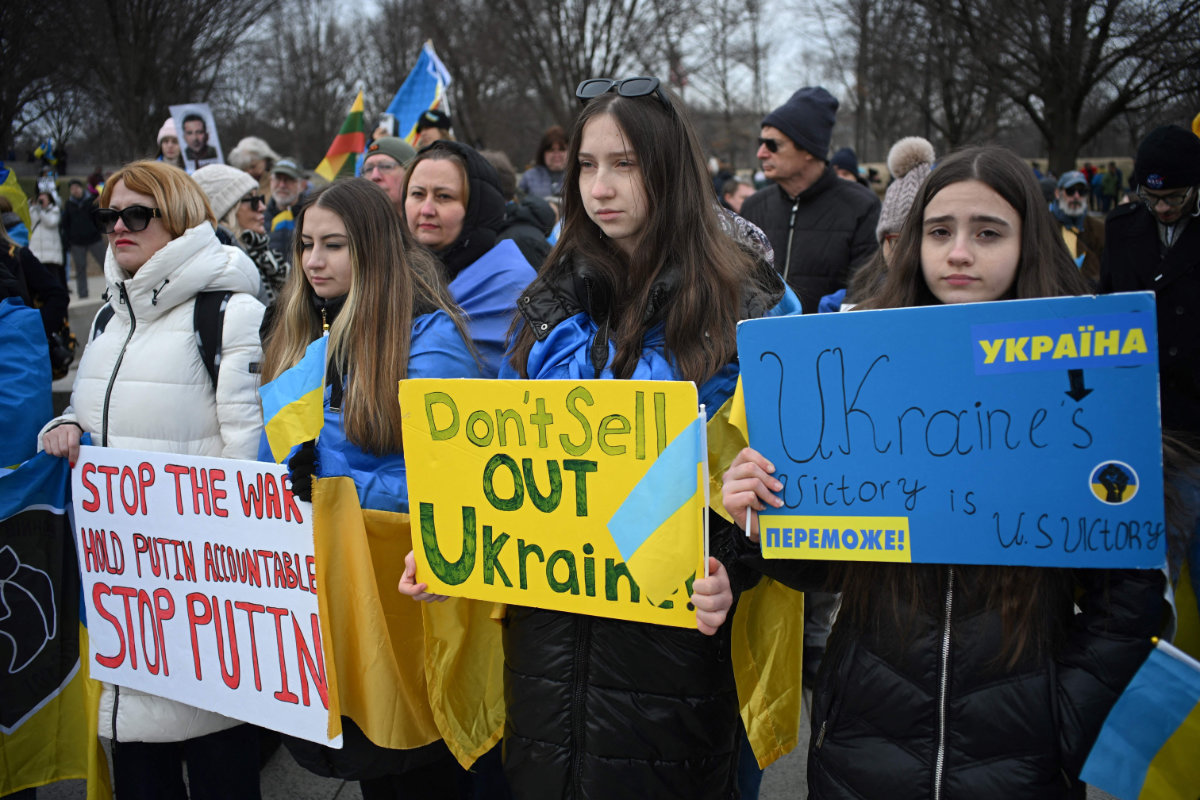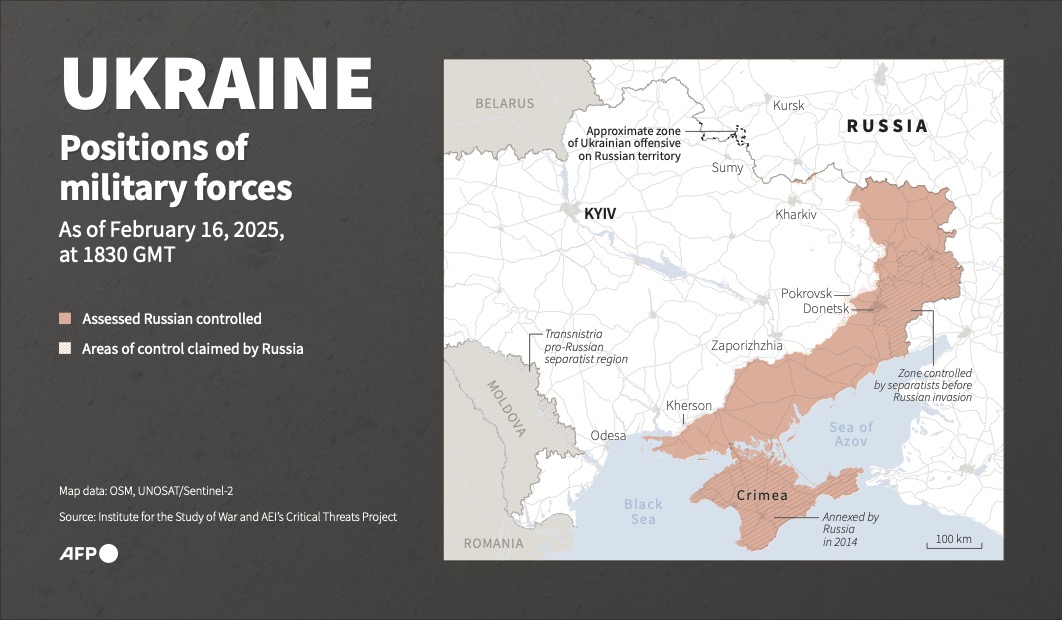MANILA: France’s nuclear-powered aircraft carrier and accompanying warships were in the Philippines on Sunday after holding combat drills with Filipino forces in the disputed South China Sea in a show of firepower that would likely antagonize China.
The Charles de Gaulle docked on Friday at Subic Bay, a former US Naval base northwest of Manila, for a break after more than two months of deployment in the Indo-Pacific. The French carrier engaged with security allies for contingency readiness and to promote regional security, including with Filipino forces, navy ships and fighter jets. They held anti-submarine warfare drills and aerial combat training on Friday in the South China Sea, Philippine and French officials said.
Last year, the French navy deployed a frigate for the first time to participate in a joint sail with United States and Philippine counterpart forces in and near the disputed waters. It was part of the largest annual combat exercises in years by American and Filipino allied forces. The drills, known as Balikatan (Tagalog for “shoulder-to-shoulder”), involved more than 16,000 military personnel.
China strongly criticized the exercises then, saying the Philippines was “ganging up” with countries from outside Asia in an obvious reference to the US and its security partners, and warned the drills could instigate confrontation and undermine regional stability.
France’s recent and ongoing military deployments to the Philippines underscore its “commitment to regional security and the shared goal of strengthening maritime cooperation in the Indo-Pacific,” Armed Forces of the Philippines spokesperson Co. Xerxes Trinidad said.
The Charles de Gaulle, the only nuclear-powered aircraft carrier in the world other than those of the US Navy, led a strike group that included three destroyer warships and an oil replenishment ship in its first-ever visit to the Philippines, French officials said.
France has been shoring up its military engagements with the Philippines and other Southeast Asian nations at odds with China in the disputed waters, a key global trade and security route although it says those emergency-preparedness actions were not aimed at any particular country.
China, however, has bristled at any presence of foreign forces, especially the US military and its allies, which carry out war drills or patrols in the South China Sea, which Beijing claims almost in its entirety although it has not publicly released exact coordinates of its claim other than 10 dashed lines to demarcate vaguely what it calls its territory on maps.
Beijing’s claims overlap with those of the Philippines, Vietnam, Malaysia, Brunei and Taiwan in long-unresolved territorial standoffs. Indonesia has also figured in violent confrontations with Chinese coast guard and fishing fleets in the Natuna waters.
Two weeks ago, Australia protested after a Chinese J-16 fighter jet released flares that passed within 30 meters (100 feet) of an Australian P-8 Poseidon surveillance jet over the South China Sea, according to Australian Defense Minister Richard Marles.
The Australian military plane did not sustain any damage and no crewmember was injured in the Feb. 11 incident. A Chinese Foreign Ministry spokesperson accused the Australian aircraft of “deliberately” intruding into airspace over the disputed Paracel Islands, which China and Vietnam contest.
In late 2023, French Defense Minister Sebastien Lecornu and Philippine Defense Secretary Gilberto Teodoro signed an accord to boost military cooperation and joint engagements.
France and the Philippines began talks last year on a defense pact that would allow troops from each country to hold exercises in the other’s territory. French negotiators have handed a draft of the agreement to their Filipino counterparts to start the negotiations.
The Philippines has also signed such status-of-forces agreements with the US and Australia. A signed agreement with Japan was expected to be ratified by Japanese legislators this year for it to be enforced while talks between New Zealand and the Philippines for a similar defense pact recently concluded.
French aircraft carrier stages combat drills with Filipinos in disputed sea and visits Philippines
French aircraft carrier stages combat drills with Filipinos in disputed sea and visits Philippines

- The Charles de Gaulle docked on Friday at Subic Bay for a break after more than two months of deployment in the Indo-Pacific
- Last year, the French navy deployed a frigate for the first time to participate in a joint sail with US and Philippine counterpart forces



























